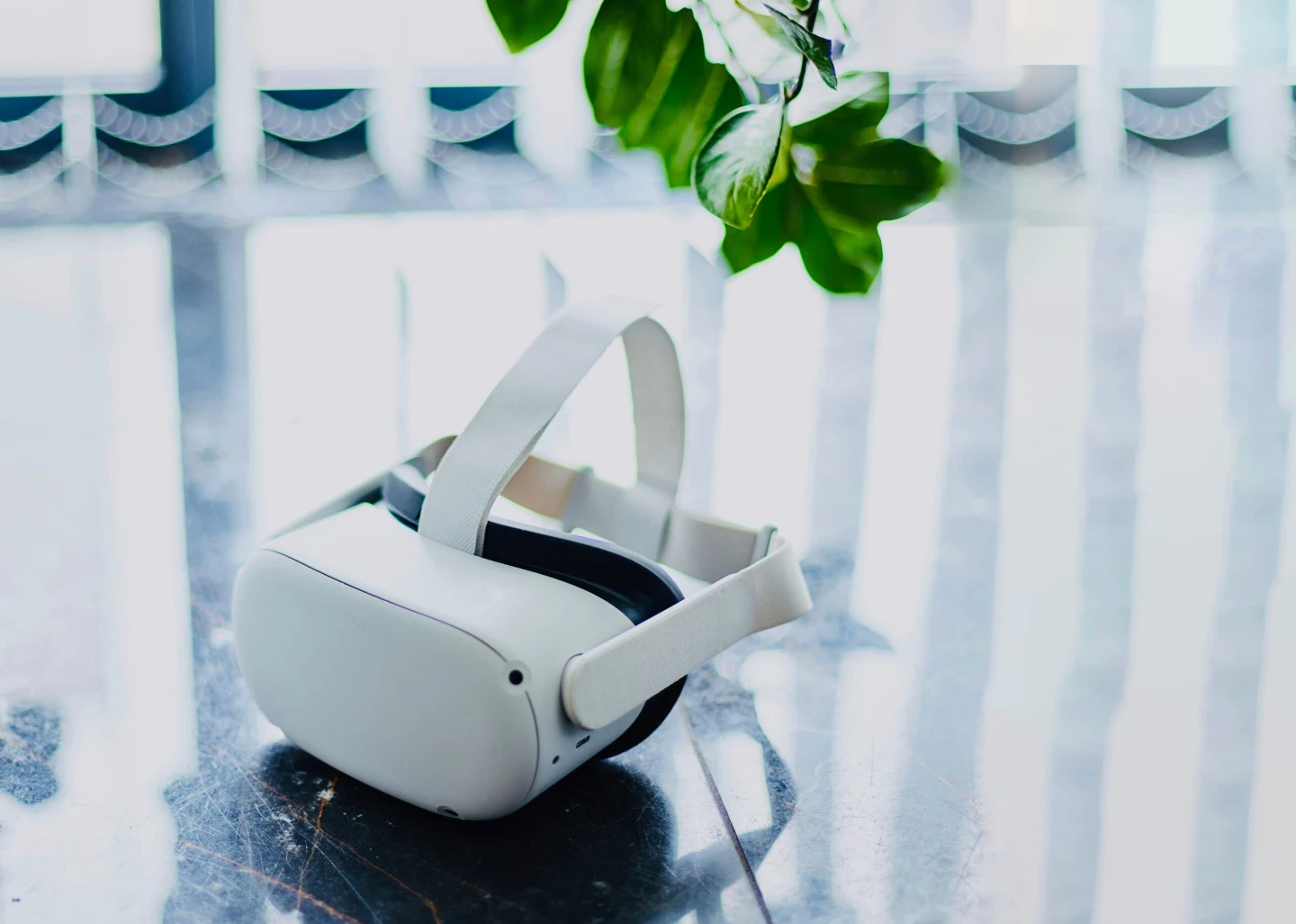innovative method of psychotherapy
innovative method of psychotherapy
According to a quote by an unknown author: “The disciple asked the Master: Do you have to wait long to change for the better? The Master replied: If you want to wait – a long time”. Today, the world of virtual reality at work on change for the better does not wait. The times when vr was used solely for entertainment are long gone. The equipment is finding its way into cinematography, education, medicine or business, among other applications. As is always the case with such rapid change, there are doubts as to whether it is a good thing, whether it will actually get better and whether we will finally know how to use it in a way that will not work to our detriment.

According to a recent report by Newzoo, it is not only the value of the vr market that is growing, but also the number of goggle users. In 2022, it was 27.7 million people, while it is already expected to reach 46 million in 2024. Before the pandemic, the vr games market was generating around USD 500 million in revenue. It now generates US$1.8bn, while by the end of 2024 it is estimated that this figure will almost double to US$3.2bn.
Based on the latest Future Today Institute report and an analysis of the transformations observed in the European and national health sector, a list of technological and social transformations affecting the current state and future of healthcare has been created, the list includes: examinations without doctors with the expansion of remote diagnostic capabilities, telemedicine, laboratory at home with smart devices. Aiming at early detection of diseases, new models of care with virtual subscription services linked to health monitoring and coaching in selected ailments, medical fake news with false or manipulated information available on the internet threatening the health and even the lives of patients. VR applications can be used for stress-free training of medical students, and are being used for anxiety, pain therapy and even during childbirth. Medicine is slowly discovering vr in the treatment of diseases (in this group we are active with our glasses for the psychological world and all those who are looking for support in dealing with stress and depression), electronic medical records, the popularisation of e-health, the entry of big tech into health, health in a DIY model and with apps for exercise at home, remote health monitoring and decision support system with artificial intelligence.
Thank you Rita Anson for your super support in mentoring and for keeping us up to date with interesting vr events from Oslo: ‘Where creatives meet science’ 45 lecturers and 24 exhibitors, 9 – 10 March 2023 at Osclo Science Park – sounds good 😊.
© 2024 ZUBA sp. z o.o.


